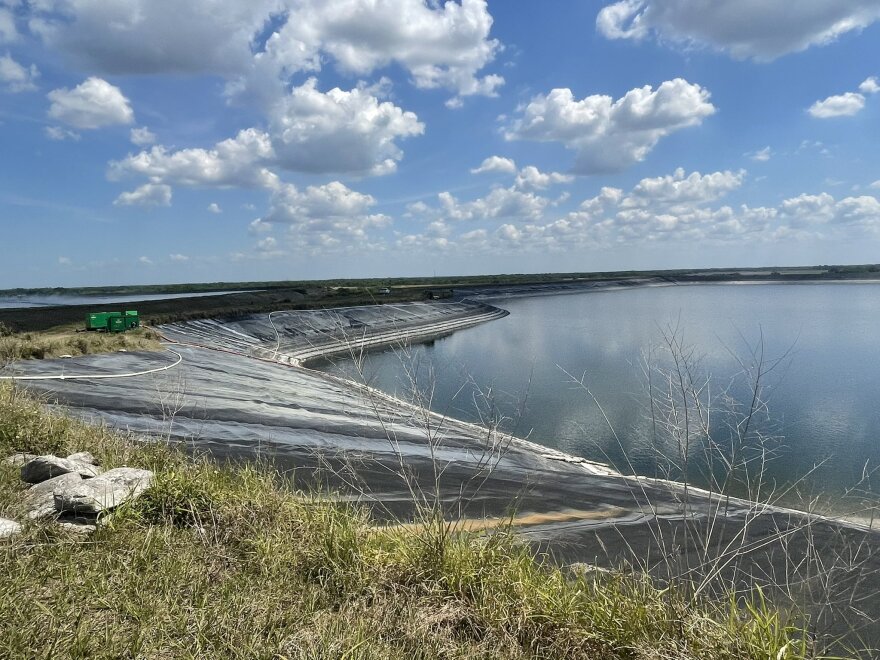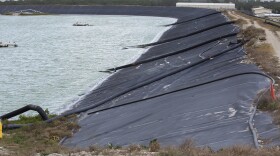-
The Center for Biological Diversity is legally challenging the EPA's decision to allow phosphogypsum in the construction project, citing a 1992 federal rule against doing so and cancer risks.
-
A public hearing was held Tuesday night on an "exploratory" well at an idled Mosaic processing plant north of Plant City. But it is unknown what exactly would eventually be sent underground.
-
The troubled plant in Manatee County has caused environmental problems for Tampa Bay since the 1970s. We take a tour of the site, where workers are within months of shutting it down.
-
Center for Biological Diversity, an environmentalist group, claims the use of phosphogypsum in the road would increase levels of radon gas, posing a cancer risk to workers and residents.
-
The federal Environmental Protection Agency Friday approved a test project using a toxic byproduct of phosphate mining for road beds.
-
Federal regulators are seeking comment on their plan to approve the test road bed project in Polk County through Nov. 8.
-
There are concerns Hurricane Milton could impact phosphogypsum plants in the state. A leak in 2021 resulted in the release of around 215 million gallons of polluted water into Tampa Bay.
-
A federal judge has ruled in favor of several environmental groups that sued the Piney Point phosphate plant. Hundreds of millions of gallons of polluted water flowed into Tampa Bay following a leak there in 2021.
-
After completing laboratory research on the use of phosphogypsum as a road base, a Florida-based mining company is seeking approval from the EPA to conduct a pilot project.
-
They filed the federal lawsuit after around 215 million gallons of wastewater was discharged into Tampa Bay in 2021. It said the discharges caused harmful algae blooms and fish kills.
-
The leak happened after an electrical circuit breaker tripped on a facility being used to pump polluted water deep under the drinking water aquifer.
-
The tear in a gypstack is the latest in a series of environmental mishaps at the New Wales phosphate plant, near Mulberry.
Play Live Radio
Next Up:
0:00
0:00
Available On Air Stations











